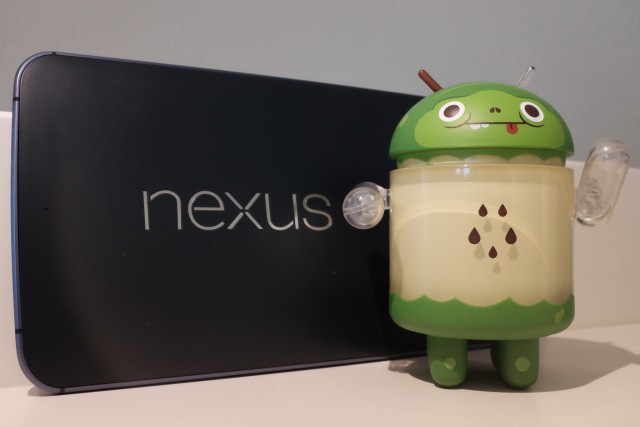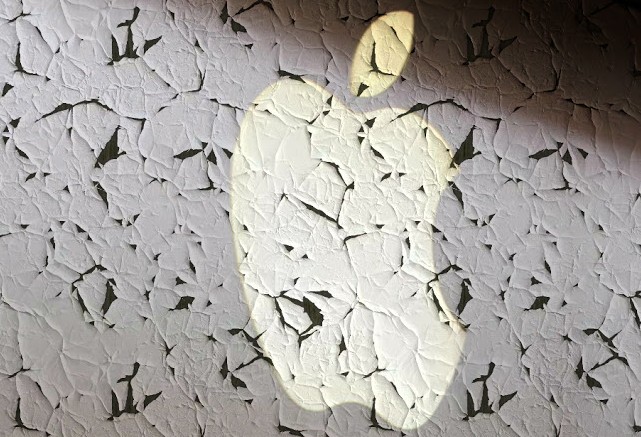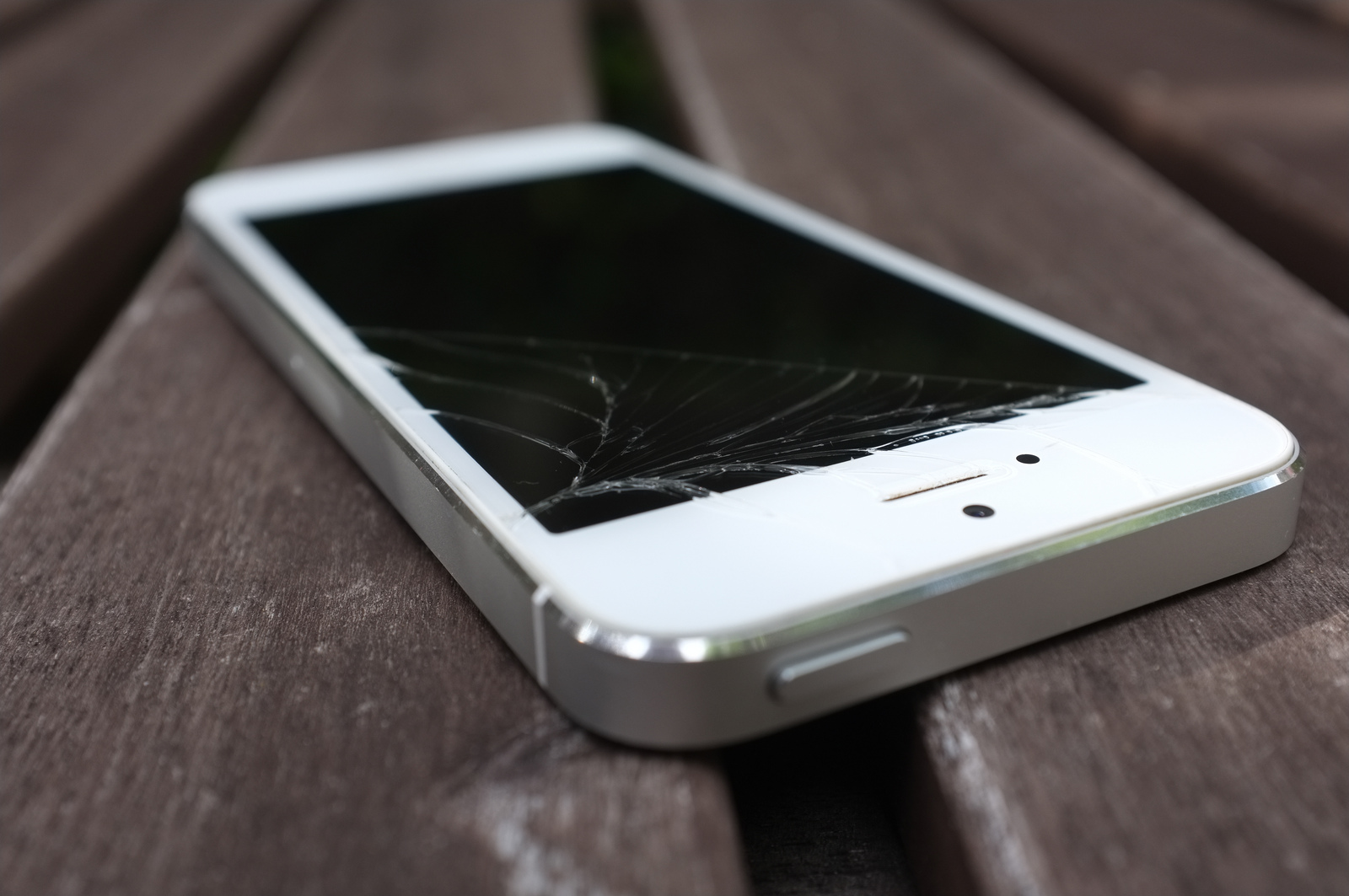
Nexus 6 is amazing [Review]
When isn't a cell phone too big? The Motorola-made, Google-branded phablet answers that question for me, and may very well for you. From Samsung's introduction of the original Note, I scoffed at large-screen smartphones—and, honestly, the seemingly stereotypical gadget geeks using them. But big is better, and my arrogant attitude about phablets and the people buying them was unwarranted.
Simply stated: Nexus 6 is the best handset I have ever used. The experience is so fresh and delightful, the emotional reaction reminds of using the original iPhone that I purchased on launch day in June 2007. N6 shatters my negative preconception about phablets, particularly unwieldiness when used daily. That said, I made some lifestyle changes, including choice of clothing, to accommodate the mobile's massive size.

You can buy the past from Apple, or the future from Motorola
Moto X should be one of the most hotly-demanded smartphones on the planet. But Motorola lacks Apple's skill cultivating core groups of bloggers and journalists who swoon ecstatically and influence others to do the same. For example, I thought Stephen Fry's outrageously over-the-top adjective-rich iPhone 6 review was hilarious until reading The Register's parody, which is almost believably genuine.
Motorola bets on voice interaction over touch, making Moto X more like a device from Star Trek than the early 21st Century. Touch is oh-so 1980s -- what Apple pitched with the Macintosh 30 years ago -- whereas touchless is the next big thing. For people queuing up for iPhone 6 on September 19, welcome to the past. You should consider second version Moto X, which is available for preorder, if reaching to the future.

Why Apple no longer innovates
The more I ponder Apple's Beats acquisition, the less sense it makes. Buying big well-known brands that compete with yours is usually a bad idea -- worse when the acquirer owns no foreign brands. Extinguishing the big name, as Microsoft does with Nokia, is marketing murder. There's no place for the Beats brand in the Apple lexicon. The gun is drawn and ready to fire.
What I do see is another sign that Apple has lost its way. Tim Cook is a very able CEO, but as stated previously he is Star Trek's Spock without Captain Kirk (Steve Jobs). Cook's approach to business logistics, while brilliant, unmakes Apple. Beats is an acquisition that is off-key -- out of tune with the culture that made the fruit-logo company great. As such, on this Thursday in May, comes my confession. I was wrong five years ago in post "Why Apple succeeds, and always will". That company is gone.

Apple should be very afraid
Today's Moto E announcement demonstrates exactly what Lenovo sees in Motorola and illuminates one major reason why purchasing the cellular device company makes so much sense. The affordable phone, at $129 unlocked, targets people who have yet to buy smartphones, but own so-called dumb ones. They make up a huge market, much of it in Lenovo's backyard and largely ignored by Apple.
Smartphones accounted for 62.7 percent of mobile handset shipments during first quarter, up from 50.7 percent a year earlier, according to IDC. But as sales shift to smartphones they also slow in many mature markets, such as the United States where the install base nips 50 percent. Looking ahead, the higher-hanging sales will be the lowest-cost phones, where unlocked matters in many emerging markets, particularly Asia.

iPhone's problem isn't bleeding market share
The magic is gone. As recently as mid-2012, rumors of a new iPhone was command performance -- bloggers and social networkers rushed every little bit of spec speculation to the web. A year later, has-beens are kings. Buzz belongs to the once high and mighty: HTC, Motorola, Nokia and Sony, each a former market-share commander. These companies are all something Apple, and even Samsung, is not: Hungry. Pride goes before the fall, they say. Pride brought down the big four (five, including BlackBerry), as their execs laughed off iPhone's launch in June 2007. They laugh again, as their companies bring truly innovative mobiles to market and Apple acts much as they did six years ago.
The fruit-logo company has a huge problem that is core to future competition. For nearly a decade, Apple benefitted from free-marketing, as enthusiast tech bloggers and reporters and over-eager Wall Street analysts and investors fanned the smallest flicker of rumor into raging fire. Now Android rises, like one of those robots in "Pacific Rim", to crush the iPhone monster. Meanwhile, Apple's humbled stock price gets less bang from rumors. CEO Tim Cook signaled three months ago that new "innovations" won't come until autumn -- and there are no leaks to rally the faithful against the horde of Android and Windows Phone infidels. The problem isn't bleeding market share -- a circumstance in most every market outside the United States -- but one of bleeding mindshare.

Motorola abused patent position EU says
The European Union's Competition Commission has ruled that Motorola Mobility (owned by Google) abused its position in the German mobile market by filing a patent injunction against Apple.
Motorola won an injunction related to Apple products using data transmission technology in February 2012. The fruit-logo company offered to pay a licence fee for the patents but the companies failed to agree on a price. A number of Apple products, including iPad and severall iPhone models, were taken off sale in Germany during the dispute.

Is patent peace possible in our lifetime?
Late this afternoon, in response to Motorola's requested, massive Apple product ban, Dan Gillmore posts to Google+: Come on, Google, don't abuse the patent system the way Apple does. Sheesh". I've seen similar sentiments expressed elsewhere. Gillmore and others are wrong. Google isn't playing Apple's game, but trying to end it. If Apple won't negotiate willingly, a show of force may be the only way to achieve patent peace.
Motorola Mobility is now a Google subsidiary, so legal demand from the one really comes from the other. From one perspective, the request is so sweeping as to dwarf any of the claims Apple makes against competitors like HTC and Samsung. Moto seeks a ban on virtually every Apple device -- iOS or OS X -- sold in the United States. It's reasonable to look at Google and to question whether the tactics are heavy-handed. They are not.

Apple's patent case against Motorola is over
One thing I have to say about US District Judge Richard Posner, he doesn't mince words. He's direct and cutting. If only there were more jurists like him on the bench. Cut he did today, in an order slicing Apple and Motorola to bits -- but the fruit-logo company he turned to mush. In a 38-page opinion and order, the judge effectively ended Apple's patent lawsuit against Motorola. Apple can appeal, but it's finished presenting before Posner.
"It would be ridiculous to dismiss a suit for failure to prove damages and allow the plaintiff to refile the suit so that he could have a second chance to prove damages", he writes. "This case is therefore dismissed with prejudice; a separate order to that effect is being entered today". Ouch.
Apple looks like an angel after Motorola's outrageous patent demands
Apple and Motorola held talks late last year to settle the patent row between the two companies but Motorola's demands blew up the deal, legal filings now indicate. The revelations are part of documents from the European Union's review of the merger between Google and Motorola, and essentially flips the argument that Apple is the patent bully in this mess.
Motorola gets a pass in the patent row that has become a crippling plague in the technology sector, while Apple is continuously beat up by pundits with an ax to grind. But Motorola's demands are so out of line it's almost comical: for Apple to gain access to Moto's standards-essential patents, it has to license all of its own porfolio.

Motorola fends off Apple's patent attack, Microsoft next
Is Apple a victim of its own success? After a considerable string of patent wins in the courts against Android through much of 2011, the tide has turned. The International Trade Commission ruled that Motorola Mobility does not infringe on three patents that Apple sued over in October 2010.
Motorola filed an ITC complaint at that time targeting the Macbook, iPad, and iPhone. Apple retaliated by filing a suit of its own, accusing the Libertyville, Ill. phone manufacturer of infringing on its own patents, two of which deal with touchscreen technology.

Motorola wins iPhone sales ban in Germany, Europe is next
Apple's impressive streak of courtroom victories is over as the company was dealt a serious blow in its patent fight with Motorola. A German court on Friday sided with Motorola, saying Apple's cellular-enabled devices -- the iPhone and iPad -- infringe on GPRS patents held by the company. The ruling may result in an injunction that would prohibit sales of Apple's products within the country.
Since it involves GPRS -- a 2.5G technology -- this means every iPhone produced is impacted by the preliminary injunction, as are both iPad 3G models. It also may give Motoorola leverage elsewhere in the European Union to seek a broader injunction against Apple products. While the ruling is against Apple's European arm, it initially only impacts Apple products within Germany.
